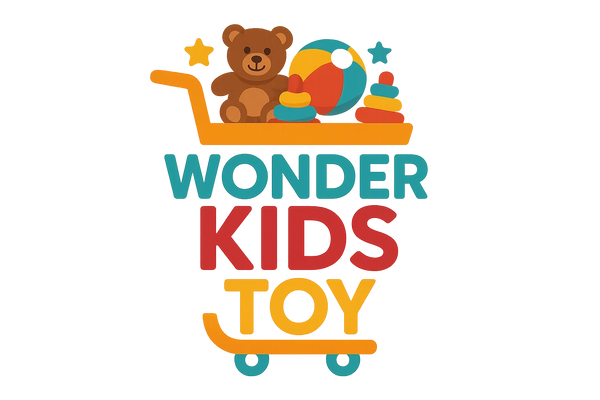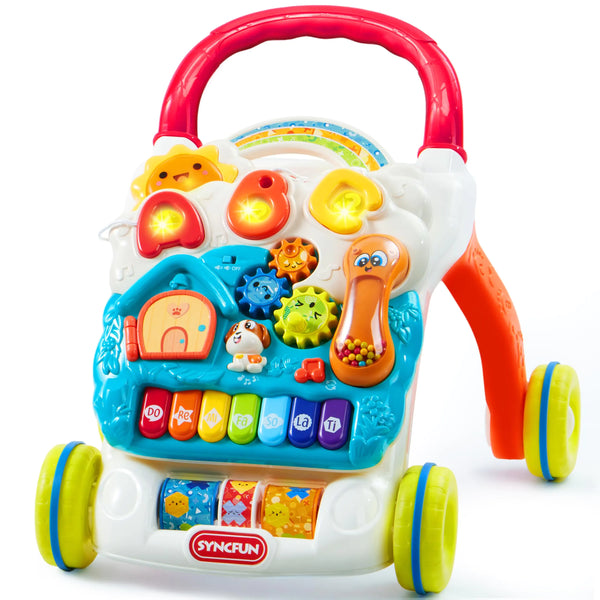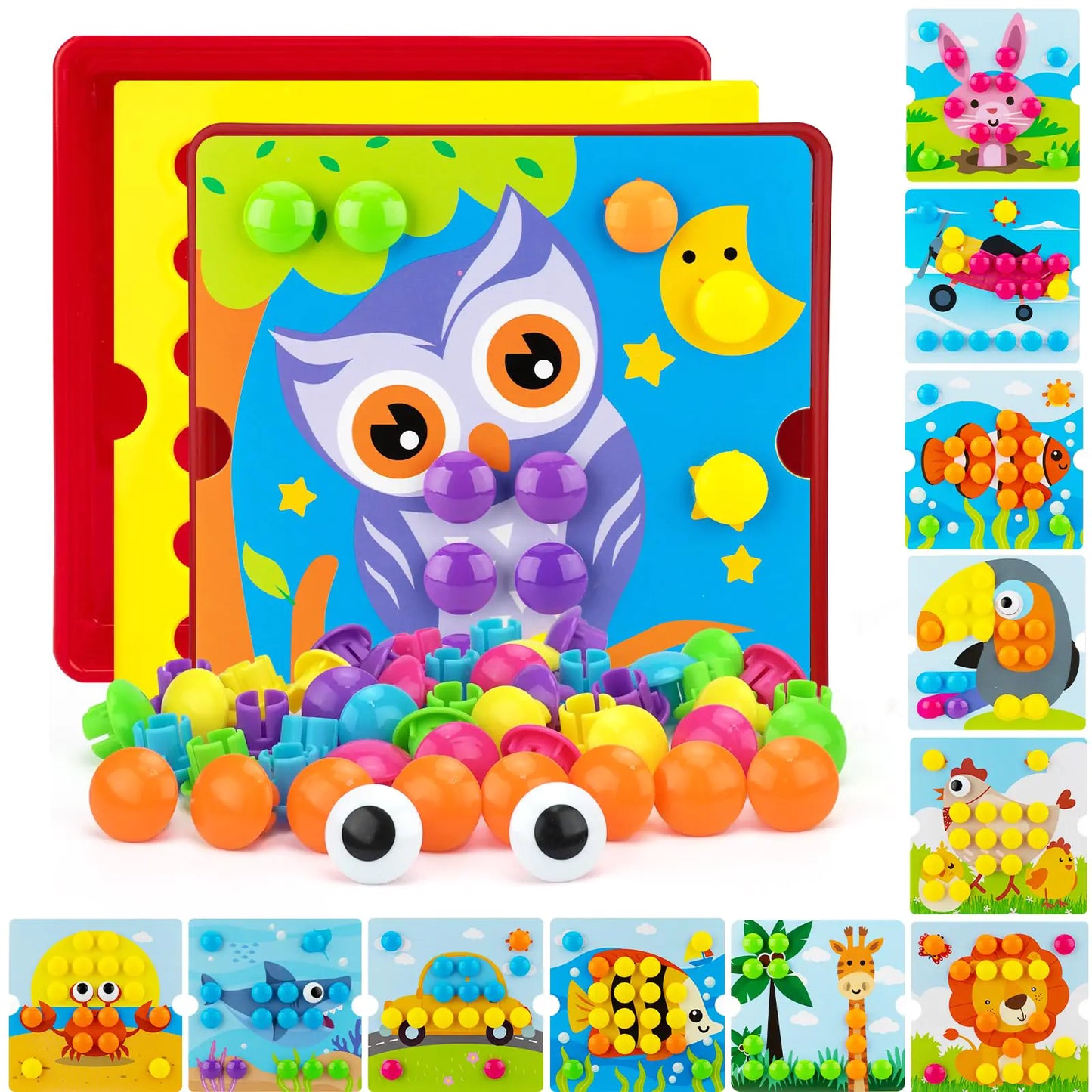The Profound Power of Play: Beyond Simple Amusement
Toys, often perceived as simple sources of amusement, are in reality profound instruments in the hands of a developing child. They serve as tangible bridges between abstract concepts and concrete experiences, acting as the first teachers in a child's life. Beyond their fleeting joy, toys are catalysts for exploration, architects of imagination, and silent partners in a child's cognitive, emotional, and physical growth. Recognizing this transformative power shifts our perspective from viewing toys as mere distractions to understanding them as essential tools for shaping a child's understanding of the world.
Toys as Medium: Deciphering the World Through Play
From the soft, textured rattles that introduce an infant to the concept of cause and effect to the complex building sets that challenge a preschooler's spatial reasoning, each toy plays a crucial role in a child's developmental narrative. They are not simply objects of play; they are the mediums through which children begin to decipher the intricate patterns of their environment. Children learn to categorize, problem-solve, and communicate through tactile engagement and imaginative scenarios, laying the foundational stones for future academic and social success.
Navigating the Nuances: Selecting Toys for Developmental Goals
This guide aims to delve deeper into the nuanced art of selecting and utilizing educational toys, moving beyond superficial considerations to explore the underlying developmental objectives of each toy. It's about understanding how a simple puzzle can enhance fine motor skills and spatial awareness, or how a set of building blocks can foster creativity and engineering principles. By examining the specific benefits of various toys at different developmental stages, parents and caregivers can make informed choices that align with their child's unique needs and potential.
Empowering Parents: The Active Role in Developmental Milestones
Rapid cognitive and physical advancements mark the journey from infancy through preschool. Each stage presents unique opportunities for learning and growth, and the right toys can significantly enhance these developmental milestones. We’ll explore how sensory toys can stimulate a baby’s developing senses, how imaginative play can foster a toddler’s burgeoning language skills, and how STEM toys can introduce preschoolers to the foundational concepts of science and technology. This guide is not just about recommending toys; it's about actively empowering parents to participate in their child's learning journey.
Building Foundations: Cultivating Lifelong Learners Through Play
Ultimately, understanding the profound impact of play and the role of educational toys allows us to create enriching environments where children can thrive. By carefully selecting toys that challenge, engage, and inspire, we provide our children with the tools they need to navigate the complexities of their world, fostering a lifelong love of learning and discovery. This guide serves as a compass, directing parents towards creating a playful yet purposeful environment that nurtures their child’s potential and lays the groundwork for a successful and fulfilling future.
The Profound Impact of Play on Development
Play is the cornerstone of childhood learning. It's through play that children:
-
Develop Cognitive Skills:
- Puzzles and construction sets enhance problem-solving, spatial reasoning, and critical thinking.
- Games that involve strategy improve memory and decision-making abilities.
-
Enhance Motor Skills:
- Toys that require grasping, stacking, or manipulating small objects refine fine motor skills.
- Active play with balls, ride-on toys, and outdoor equipment strengthens gross motor skills.
-
Cultivate Language and Communication:
- Interactive books, storytelling toys, and puppets encourage vocabulary development and narrative skills.
- Role-playing games promote social interaction and communication.
-
Foster Creativity and Imagination:
- Art supplies, building blocks, and open-ended toys allow children to express themselves and explore their imaginations.
- Pretend play encourages children to create their worlds and scenarios.
-
Explore Sensory Experiences:
- Toys with diverse textures, sounds, and colors stimulate sensory development, particularly in infants and toddlers.
A Detailed Guide to Age-Appropriate Toys
-
Infancy (0-12 Months):
- Focus on sensory stimulation: High-contrast toys, soft books with different textures, and musical rattles.
- Promote motor development: Teething toys, activity mats, and toys that encourage crawling.
- Prioritize safety: Ensure toys are free of small parts and made from non-toxic materials.
-
Toddlerhood (1-3 Years):
- Encourage exploration: Building blocks, shape sorters, and push-and-pull toys.
- Develop language skills: Picture books, simple puzzles, and talking toys.
- Foster creativity: Crayons, play-dough, and simple dress-up clothes.
-
Preschool Years (3-5 Years):
- Introduce more complex concepts: Puzzles with increasing difficulty, board games, and science kits.
- Promote social skills with Role-Playing toys, cooperative games, and puppet theaters.
- Encourage early STEM learning: Building sets, coding toys, and simple science experiments.
Key Considerations for Toy Selection
-
Open-Ended Play:
- Choose toys that allow for multiple uses and encourage imaginative play.
- Examples include building blocks, art supplies, and natural materials.
-
Safety First:
- Always check for age-appropriate safety ratings and certifications.
- Avoid toys with small parts, sharp edges, or toxic materials.
-
Durability:
- Invest in well-made toys that can withstand frequent use.
- Durable toys can be passed down to younger siblings or friends.
-
Diversity and Inclusion:
- Select toys that reflect the world's diversity, including different cultures, abilities, and backgrounds.
- This helps children develop empathy and understanding.
-
Balancing Screen Time:
- Prioritize hands-on, interactive toys over screen-based entertainment.
- Encourage outdoor play and physical activity.
-
Eco-Friendly Choices:
- Choosing toys made from sustainable materials and from companies that have ethical practices.
Enhancing Playtime: Tips for Parents
-
Engage in Play:
- Participate in your child's play to improve their learning experience.
- Ask questions, offer suggestions, and encourage exploration.
-
Create a Playful Environment:
- Designate a dedicated play area with a variety of toys and materials.
- Rotate toys to keep them interesting and engaging.
-
Encourage Exploration:
- Allow children to experiment and discover on their own.
- Resist the urge to direct their play too much.
-
Celebrate Creativity:
- Value your child's unique ideas and creations.
- Provide positive reinforcement and encouragement.
Gifts That Inspire Learning
- When choosing gifts, consider the child's interests and developmental stage.
- Opt for gifts that promote creativity, problem-solving, and exploration.
- Consider gifts that the whole family can enjoy.
Educational toys are invaluable tools for fostering your child's development. By making informed choices and engaging in play, you can create enriching learning experiences that will benefit your child for years to come.
If you want fun colouring pages, a digital book for your kids, then go to kidsdigitaldownloads.com














